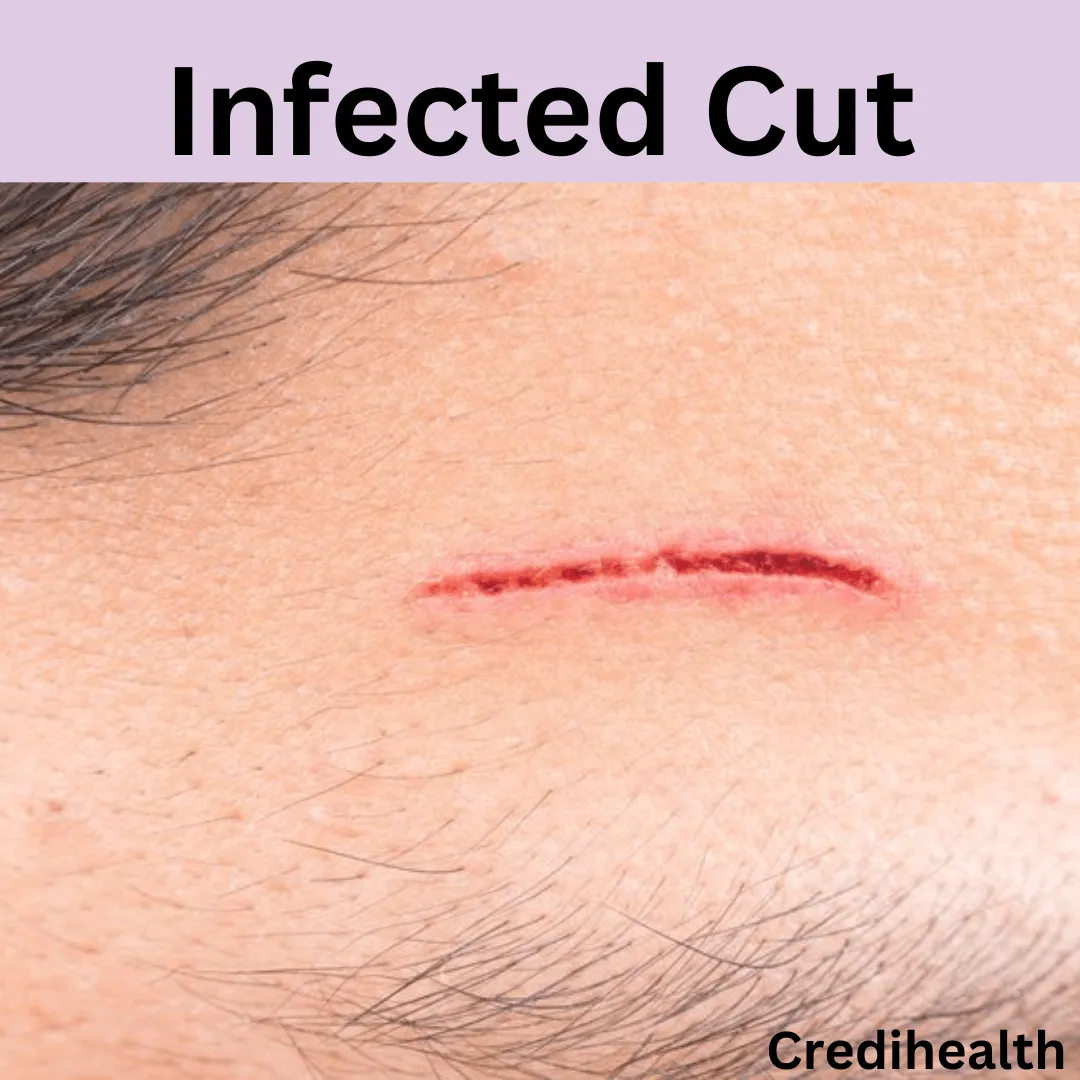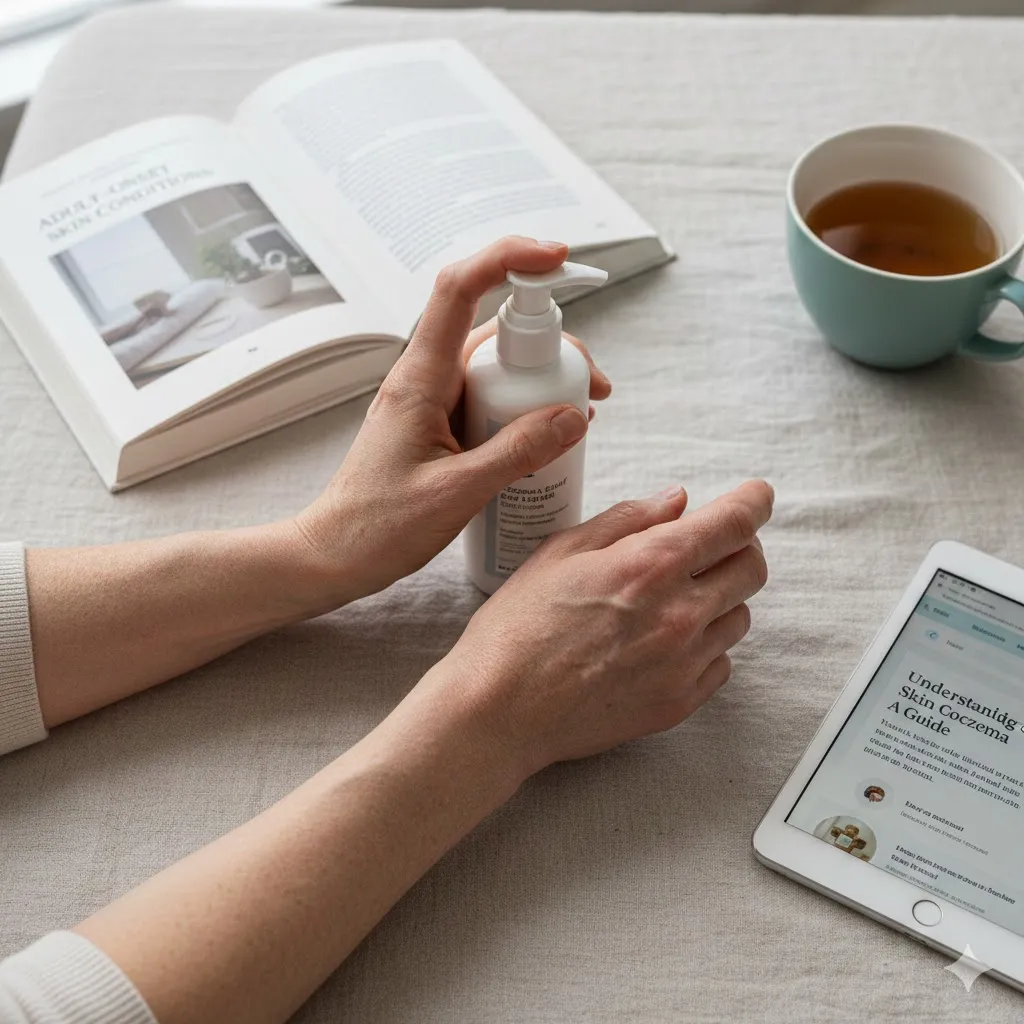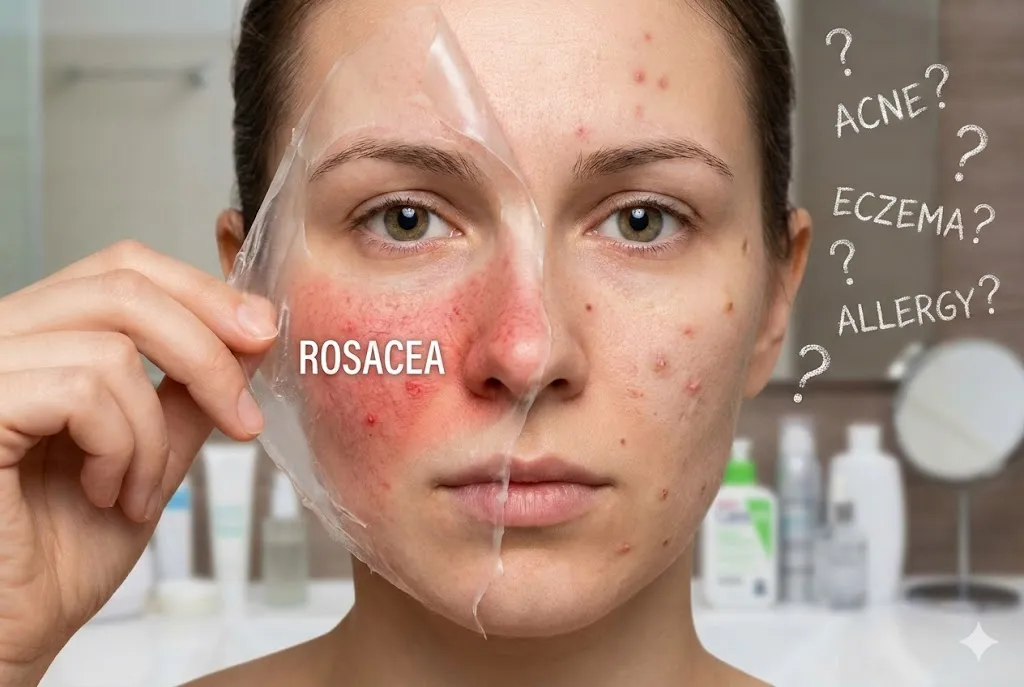If you've ever had an uncontrolled itch and discomfort in your groin, it could be a jock itch. You might have to give it more time and use suitable medication to clear the jock itch. However, easy and effective home cures can provide temporary comfort. You should be very cautious when dealing with jock itch, particularly if you are close to someone or engage in physical activity that frequently causes perspiration and dampness down there. Continue reading to try the Home remedies for jock itch to save yourself from embarrassment and suffering.
What is Jock itch?
A fungal infection causes Jock itch. It primarily affects the skin around the vaginal area. It appears as a burning rash and is frequent among those who sweat heavily (such as in sports). Tinea cruris is the medical word for jock itch. It manifests in the groin, the inner thighs, and buttocks. It primarily affects men, but women can also be affected. Jock itch is an infectious disease. It can be transmitted by close contact with the skin or by sharing clothing and accessories such as socks or towels.
Does jock itch affect both men and women?
Yes, albeit it is more common in males. It's also referred to as:
- Itching in the crotch
- Crotch decay
- Dhobi itching
- marginatum eczema
- gym itch
- jock decay
- Rot of the scrotum
- The groin ringworm
The fungal infection that results in jock itch grows in warm, damp environments and primarily affects adult men and teenagers. It can be caused by clothing friction and persistent dampness in the groin region, such as from sweat.
What are the Symptoms of jock itch?
Schedule an appointment if you need to see your doctor or a dermatologist. Generally, tests are not required. However, you may require an office test known as a KOH test or a skin culture. Don't panic - these tests are simple and painless, but they may aid in determining the severity and diagnosis. Jock itch symptoms include:
- Red, raised, scaly spots that may burst and ooze — and frequently have sharply defined borders
- Patches are frequently redder on the exterior, with normal skin color in the center.
- Skin that is abnormally dark or bright, sometimes permanently
- Itching, chafing, or blistering in the groin, thigh, or anal area
- Skin that is flaking, peeling, or cracking
Maintain your mind when the illness lasts over two weeks, is serious, or recurs, you may require medical attention.
What are the Home remedies for jock itch?
Because of their long history of use, natural plant treatments are becoming significantly more acceptable. For these reasons, various plants have been studied to treat skin illnesses that range from itching to cutaneous cancer, and some of the cures listed below are excellent examples of how to get rid of jock itch.

1 Aloe vera:
Aloe vera is one of the most effective natural therapies for treating skin infections. Aloe vera also possesses antifungal, anti-inflammatory, antiseptic, and antibacterial properties, which may help you feel better. Furthermore, aloe vera enters deeply into the skin's lowest layers, delivering its extraordinary capabilities to where they are most needed. Although aloe comprises 99% of the time water, aloe gel contains glycoprotein. It may also aid in the stimulation of the immune system.
2 Garlic:
Garlic is one of the extremely efficient treatments and Home remedies for jock itch. It contains allicin, which has been shown to help prevent infection by bacteria, which is the main cause of jock itch. Combine a couple of garlic cloves with olive oil or coconut oil. You may also boil through the oil for further benefit. Apply this combination with a cotton bud to the affected region and allow for 20 minutes. Wipe the area with a gentle cotton cloth. For optimal results, do this procedure every day. Bioactive chemicals found in garlic include ajoene and allicin. They have antifungal characteristics that help treat the infection and reduce jock itch symptoms.
3 Honey:
One of the oldest remedies for fungal infections is honey. It has antifungal qualities that can help fight jock itch infection. Honey has numerous applications, including the treatment of fungal infections. Because honey is antiseptic, antifungal, and antibacterial, it can fight germs and prevent their spread. Rub the paste of honey on the harmed skin region once a day for at least half an hour. Rinse it after that. To achieve the greatest results, repeat this method for a week.
4 Tea tree oil:
Tea tree oil is an excellent treatment for jock itch since it has strong antifungal properties and is an effective antiseptic or germicide that reduces inflammation and irritation of the skin. According to studies conducted at various dosages, tea tree oil has antifungal effects and can help combat jock itch fungus. Apply two to four teaspoons of tea tree oil to one ounce of olive and coconut oil twice daily to the affected area. Allow it to absorb into your skin. The oil from tea trees can sting a little, so dilute it into the base oils immediately.
5 Apple cider vinegar:
Because apple cider vinegar's acids are antibacterial compounds, it can be an excellent treatment for bacterial jock itch. Furthermore, apple cider vinegar's antifungal activity prevents candida and fungal growth, causing a jock itch. Mix the same amount of apple cider vinegar in a spray bottle with water. Refrigerate it to produce a cooling impact that will provide further relief when used on inflamed skin. Complicated jock itch home treatment that includes essential oils and apple cider vinegar.
6 Neem leaves:
When related to skin issues, everybody knows of the benefits of neem leaves. Neem leaves can be utilized for treating fungal disorders like jock itch because they offer antifungal and antibacterial properties that benefit the skin. It also has medicinal properties that help soothe inflamed, sensitive skin. For blanching neem leaves in water, boil some leaves in a pot of water for 4 to 5 minutes. Apply the mixture to the afflicted region using a piece of cotton dipped in the solution.
7 Turmeric:
Turmeric is a well-known anti-inflammatory and antifungal properties spice that has long been used to restore damaged skin. It efficiently treats skin diseases such as jock itch by soothing the inflamed area and preventing more fungus growth. Apply a paste made with turmeric, honey, or a water pinch. Allow it to sit for 10-15 minutes before rinsing with cool water. You can apply this procedure daily.
8 Change your diet:
Dietary changes can help with recovery and avoid jock itch. Foods filled with sugars and carbs frequently promote fungal growth. Consider eating more whole vegetables and fruits daily. It's also worth noting that alcohol, particularly beer, might promote yeast growth. You may avoid jock itch problems by reducing or removing your alcohol use.
9 Lavender oil:
Lavender oil also benefits the skin because it is an excellent antibacterial with antifungal effects. It aids in the quick healing of wounds and may aid in preventing scar tissue formation. Because it is mild, it is usually safe to utilize on youngsters. According to studies released in Medical Mycology, lavender oil is particularly effective in battling infection and, as a result, may minimize fungal advancement and infection dissemination in host tissues.
10 Calendula:
Calendula is an antibacterial and anti-inflammatory herb. It is derived from calendula petals or marigolds and has excellent skin-healing capabilities. Calendula is incredibly relaxing and calming, making it ideal for sensitive skin. Marigold flowers have long been used in traditional treatment, and more than thirty-five qualities have been credited to the flowers as benefits - all of those making it a suitable alternative for treating jock itch.
Conclusion-
Over-the-counter antifungal ointments can clear up the rash. You can, however, use these natural treatments or Home remedies for jock itch that will speed up recovery, relieve the burning feeling, and prevent the infection from spreading further.

Reviewed by







